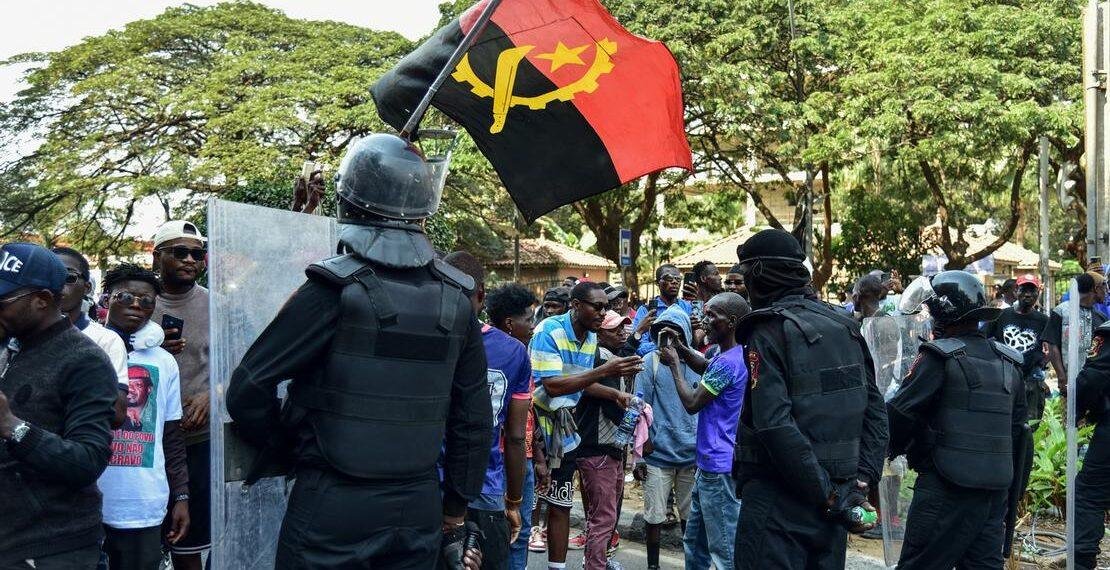Pressure is mounting on Lionel Messi and the Argentine Football Federation (AFA) to pull out of a planned friendly match in Angola after civil society groups accused the government in Luanda of brutal repression that left at least 30 people dead.
The highly anticipated fixture, which is being negotiated as part of Angola’s 50th independence anniversary celebrations in November, has now been thrown into controversy. On Tuesday, four civil society organizations in Angola, including Catholic groups, pro-democracy movements, and legal associations, sent an open letter to the AFA, the Argentine national team, and the Lionel Messi Foundation. In it, they demanded the cancellation of the match, calling the current political situation in Angola a case of “systematic repression.”
The letter described any participation by Argentina as a tacit endorsement of state violence, urging Messi, one of the world’s most influential athletes, to take a stand for justice. “Declining to play in Luanda would be a noble gesture of international solidarity and respect for human rights,” the groups wrote.
The outcry follows violent protests in late July over soaring fuel prices, which triggered looting and a fierce police response. Security forces reportedly opened fire with live ammunition, leaving 30 people dead, over 270 wounded, and more than 1,500 arrested in what rights groups describe as the most severe unrest Angola has witnessed in decades.
Despite Angola’s vast oil wealth, poverty remains widespread. The World Bank estimates that one-third of the nation’s nearly 38 million citizens live below the poverty line. Meanwhile, government critics argue that millions are facing hunger while the state pours money into lavish projects and international events like the proposed football friendly.
Read also:
- Messi expresses displeasure over one -match ban
- Messi netted eight goals in his last four MLS matches
- PSG crush Messi’s Inter Miami 4-0 to advance to quarter-finals in FIFA Club World Cup
The civil groups highlighted a recent Food and Agriculture Organization (FAO) report showing that nearly 22.5 percent of Angolans are undernourished. They accused the ruling MPLA, in power since independence from Portugal in 1975, of channeling resources and business opportunities to a small elite while the majority of citizens remain trapped in poverty.
The controversy now places Lionel Messi and Argentina’s football leadership in the spotlight. Activists insist that canceling the Luanda match would send a powerful global message against repression and align Messi’s brand with social justice, rather than allowing the government to use football as a tool for image laundering.
As negotiations for the fixture continue, the question remains: will Messi and the AFA risk global backlash by going ahead with the match, or will they side with the Angolan people calling for solidarity in the face of bloodshed?






